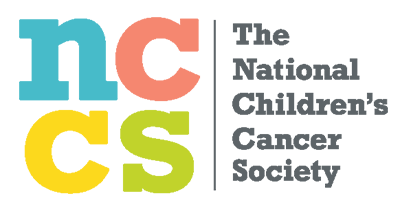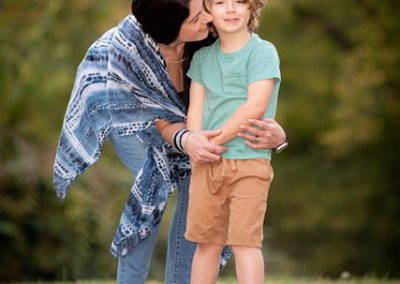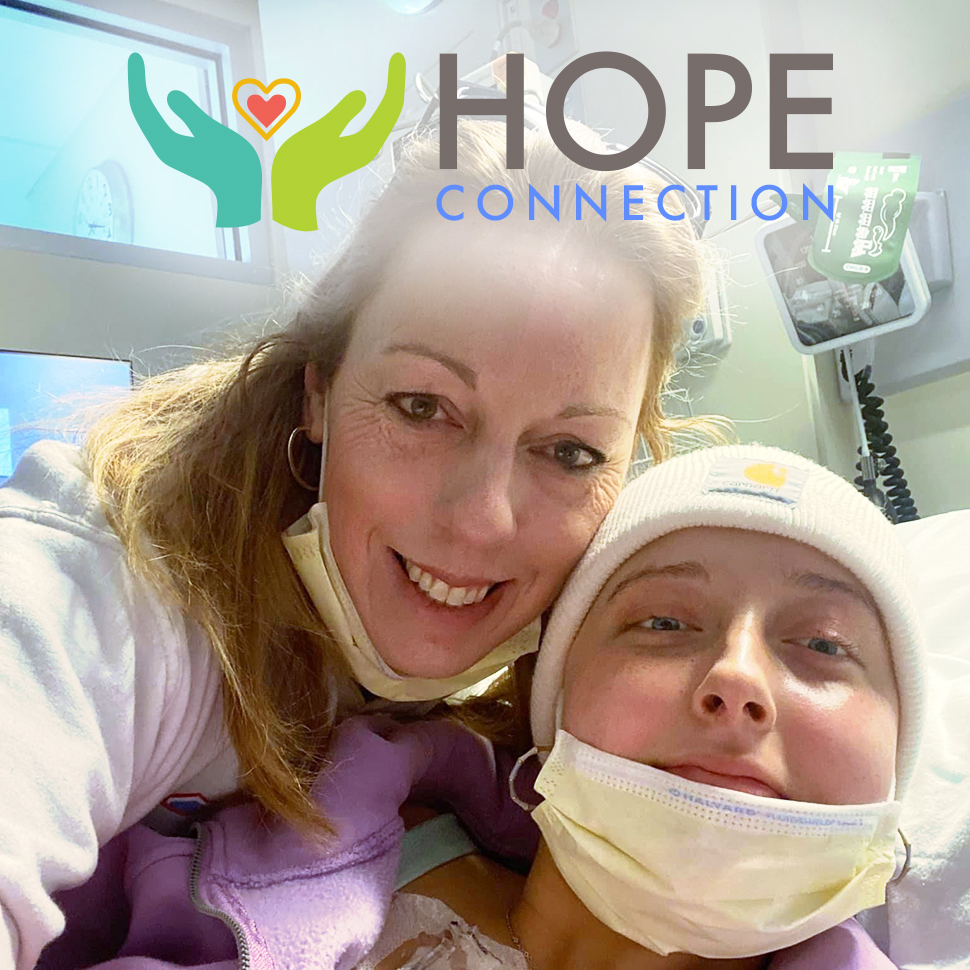
The Hope Connection
An e-newsletter filled with invaluable insights, personal stories, and practical tips for families touched by childhood cancer.
Sign up to receive The Hope Connection quarterly e-newsletter. Scroll down to browse previous newsletter articles.
Hope Connection Articles

Nutrition plays a crucial role in your child’s treatment journey. Cancer therapies like chemotherapy, radiation, and surgery can greatly affect appetite, digestion, and metabolism. These treatments often result in side effects such as nausea, vomiting, loss of appetite, changes in taste, and fatigue, making it difficult for children to eat well. However, maintaining proper nutrition is vital as it helps your child's body cope with the stress of treatment, supports their immune system, and aids in the recovery process.
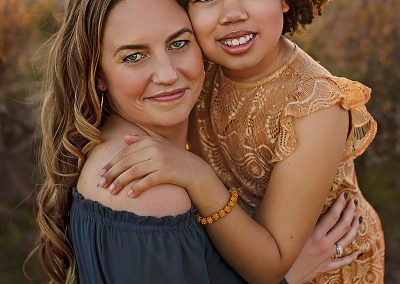
Advancements in cancer therapies have led to a tremendous increase in the survival rates of children with cancer. While this is wonderful news, research is showing that cancer survivors are at higher risk of treatment-related chronic illnesses. To combat this risk, doctors are urging survivors to adopt a healthy lifestyle to mitigate their risk of late effects.

The National Children’s Cancer Society (NCCS) mentor program was created to provide support by connecting a young adult cancer survivor (mentor) with a younger child going through treatment between the ages of 10-17 (mentee).
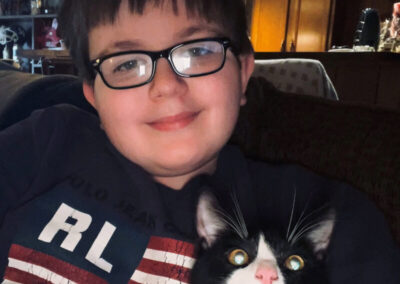
Friendship is a gift that brings comfort, happiness, joy, companionship, and support. But for children battling cancer, friendship means even more. Having friends to confide in and count on - ones who show empathy and understanding - is incredibly important, as it makes a profound difference to the child’s overall healing journey.
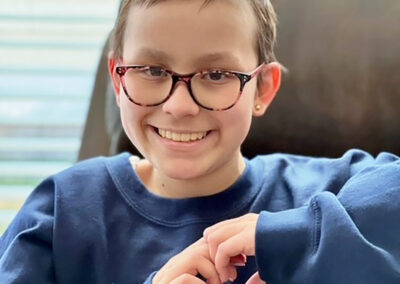
When a parent first hears of their child’s cancer diagnosis, they may be reluctant to share the realities of the disease with their child in an effort to protect them from painful emotions. However, children are very in tune with their caregivers and can sense when something feels “off.”
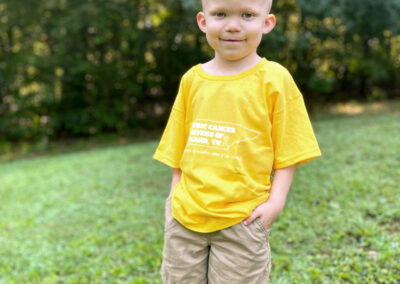
When a family receives a cancer diagnosis, each member of that family is forced to adjust to a “new normal.” Future plans, former habits, and relationship dynamics all change – some permanently.
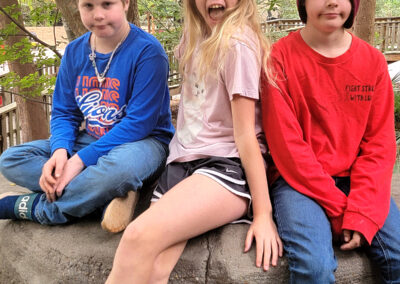
When a child is first diagnosed with cancer, families may feel overwhelmed by new information and unsure of the next steps. When doubts or confusions arise, some families may wish to seek a second opinion.
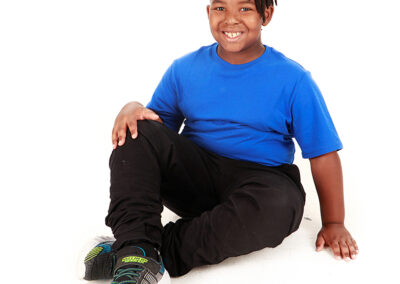
When a child is first diagnosed with cancer, families may feel overwhelmed by new information and unsure of the next steps. When doubts or confusions arise, some families may wish to seek a second opinion.
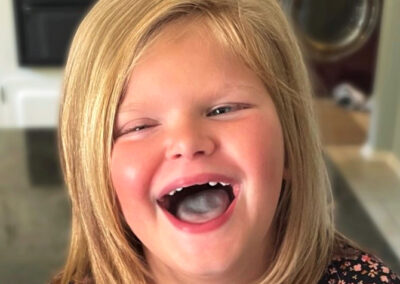
Parents are the best advocates for their child’s education since they know the unique challenges, strengths, interests, and needs of their child.
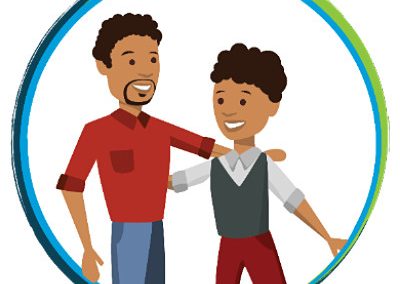
The NCCS mentor program was created to help children ages 10-17 adjust to their treatment, increase their self-confidence, reduce anxiety, and offer a connection with someone that understands their journey.
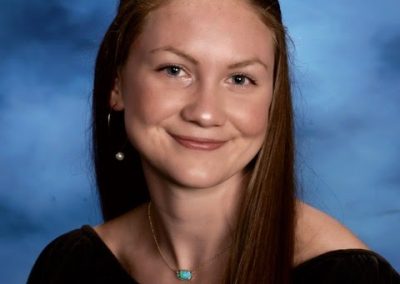
At a time when most children are deciding which sport to play, pediatric cancer patients have their lives disrupted as they are faced with cancer treatments. It has been recognized that the camp experience is very valuable in allowing kids to be kids even as they face the harsh realities of cancer.
